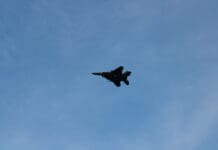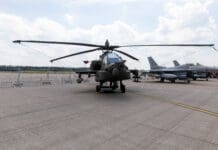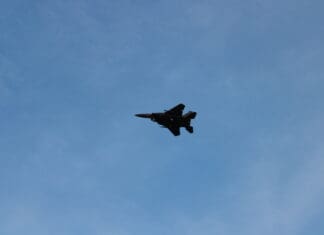This post is also available in:
 עברית (Hebrew)
עברית (Hebrew)
The US has been accelerating research in space command and control technologies in order to quickly achieve military situational awareness and execute operations in space. A new virtual lab would help in this direction. The Defense Advanced Research Projects Agency (DARPA) has awarded BAE Systems a contract worth up to $12.8 million to develop an innovative space evaluation and analysis testbed to support the development of advanced space enterprise command and control (C2) tools and capability technologies.
According to the company’s announcement on its website, many thousands of objects that are moving at extreme velocities must be tracked and managed in space.
This information must be fused with land, air, sea, cyber, defense, and intelligence data in order to make critical, time-sensitive decisions to protect space assets while supporting terrestrial missions.
“Military commanders must have superior space domain awareness in order to quickly assess, plan, and execute operations in this increasingly complex environment,” said Mike Penzo, Director of Ground Resiliency and Analytics at BAE Systems. “The Hallmark testbed is designed to help the military quickly evaluate and integrate technologies for space C2.”
BAE Systems stated that it would utilize its vast experience in space domain awareness as it works to design and develop a state-of-the-art, flexible, scalable, and secure enterprise software architecture that would become the backbone of technology development and experimentation.
The architecture would facilitate the creation of a testbed facility – the Space Enterprise Analysis Capability (SEAC) – that would support the modeling of current and future space situational awareness and C2 technologies. The SEAC would also enable realistic, scenario-based exercises for testing space C2 technologies against sophisticated emerging threats.
The testbed would support live data feeds from diverse sources and provide strong security and data protection for varying levels of classification, in addition to external interfaces to support air, cyber, land, and sea environments.
To meet the goals of the Hallmark program, the BAE Systems team plans to host exercises at the SEAC to collect metrics for Hallmark’s cognitive evaluation team, as well as identify new and improved tools and technologies for potential future use by the Joint Space Operations Center and the National Space Defense Center.


























